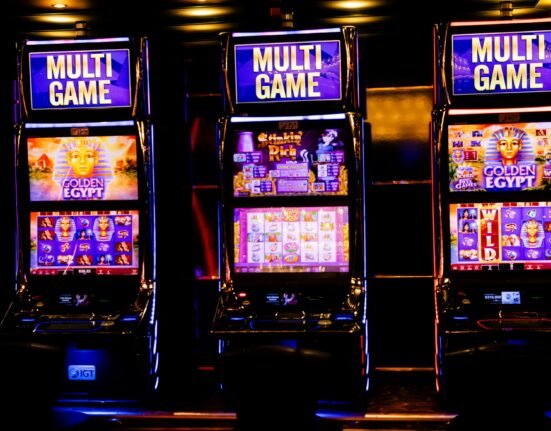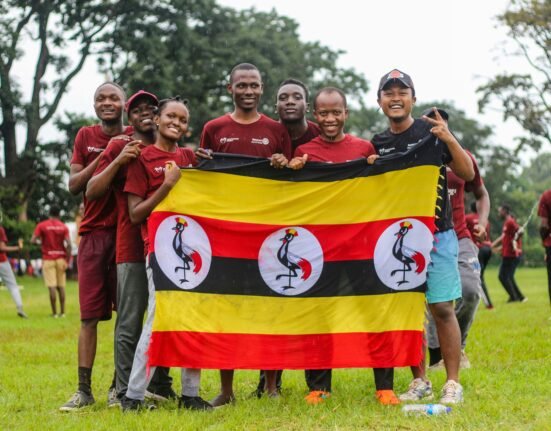Authorities uphold restrictions on foreign hires in key frontline roles as mid-level local employment rises
The Macau Government has reiterated its commitment to prioritising local employment within the Special Administrative Region’s pivotal gaming industry. Speaking during a Legislative Assembly session, Secretary for Economy and Finance Tai Kin Ip and Labour Affairs Bureau Director Chan Un Tong provided updates on workforce composition and labour protections, underlining the region’s stance on safeguarding jobs for residents amid ongoing concerns around working conditions and industry dynamics.
89.8% of Mid-to-Senior Casino Roles Now Held by Locals
As of May 2025, 10,407 Macao residents occupy mid-to-senior management positions within the city’s casino sector, according to Labour Affairs Bureau data. Foreign nationals hold just 1,187 such roles, amounting to 10.2% of the total — a sharp reflection of the government’s sustained efforts to prioritise local hires in higher-level roles.
This localisation rate (89.8%) is a direct outcome of long-standing restrictions barring foreign employees from occupying front-line positions, including table game dealers, pit supervisors and casino drivers. The policy, designed to promote employment for locals, also aims to preserve job security amid Macau’s recovery from pandemic-era economic pressures.
Labour Protections and Rest Concerns Under Scrutiny
Despite the high localisation rate, concerns persist over working conditions — particularly among front-line dealers. Legislator José Maria Pereira Coutinho raised issues of overwork and insufficient rest for casino staff. In response, Secretary Tai Kin Ip reaffirmed the protections granted by the Labour Relations Law, which sets limits on shift hours, guarantees rest periods, and mandates employer accountability for safe working environments.
Tai encouraged open dialogue between employers and employees as the first line of resolution, while emphasising that the Labour Bureau remains ready to intervene when necessary.
Job Matching, Cultural Balance, and Economic Resilience
The Macau Government also addressed broader workforce dynamics, noting that over 60% of currently unemployed individuals are in a short-term transitional phase and are typically re-employed within one to three months. In light of this, job-matching efforts and skills training remain a government priority.
Interestingly, Tai acknowledged the importance of cultural diversity in management teams, citing Macau’s strategic ambition to become a global tourism and cooperation hub. While front-line localisation remains strict, upper management is expected to reflect international perspectives to support tourism goals.
Ongoing Inspections and Regulatory Oversight
Labour Affairs Bureau Director Chan Un Tong reaffirmed that his agency will maintain rigorous oversight of labour practices, especially with respect to fair treatment and transparent pay structures. He highlighted the complexity of job-to-job comparisons, which must factor in business scale, employee experience, and qualifications.
Employees concerned about rights violations are encouraged to contact the Bureau, which promises proper follow-up and enforcement.
Conclusion: Balancing Protectionism and Progress
Macau’s continued protection of local employment reflects a delicate balancing act: supporting its citizens’ livelihoods while preparing the industry for global reintegration and competitiveness. As Macau casinos seek long-term diversification and tourism expansion, the need to marry fair labour practices with operational excellence and cultural inclusion will remain central to policy formulation in the years ahead.























